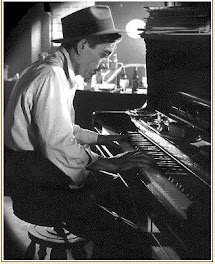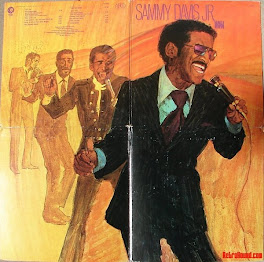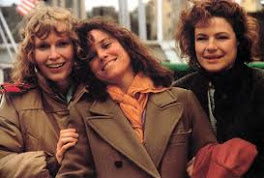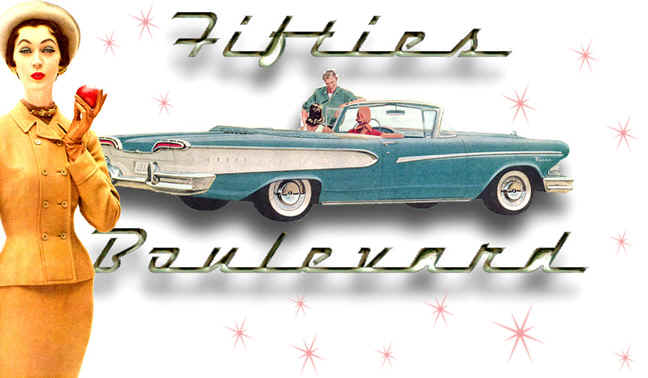A teacher once said that satire can't just wallow in its subject; it needs to follow it with a keen, but quietly judgmental eye.
Over the past 30 years, America's puritanical heritage has resurfaced in its politics, and much of that can be attributed to fear that what we see in P.T. Anderson's Boogie Nights was 'real', that it represents what was a 'mainstream deviance that corrupted our children'. Even people who 'experimented' may wrongly believe that this movie shows 'what it was like'.
Actually, Anderson gets wonderfully comic performances out of these actors, some of whom have become fixtures, either as major names or solid supports. They all play deluded people of average talent and intelligence, maybe a bit less, who focus on their American Dream which -- given the Southern California milieu -- means using the lens of a porno industry camera.
You don't watch Boogie Nights for sex or for music, though both suffuse the movie . . . uh . . . top to bottom. You watch it to find the true nature of your pity. How much human outreach do you have? How would you -- if this were real -- how would you counsel any of these people? You gladden when the ones who don't sink from their actions don't sink.
Most of the movie is simply fun, despite the awareness that those dumb-headed actions happening recklessly at the edge of one behavioral cliff or another presage downfall. For some of the characters, disaster comes. For others, life plods on in very common ways.
It's not real, but as you watch, you see how it could have been real.
Watching and seeing are retrospective skills. That's what art is for.
Living is for mistakes.
Watching and seeing are retrospective skills. That's what art is for.
Living is for mistakes.
.






































No comments:
Post a Comment